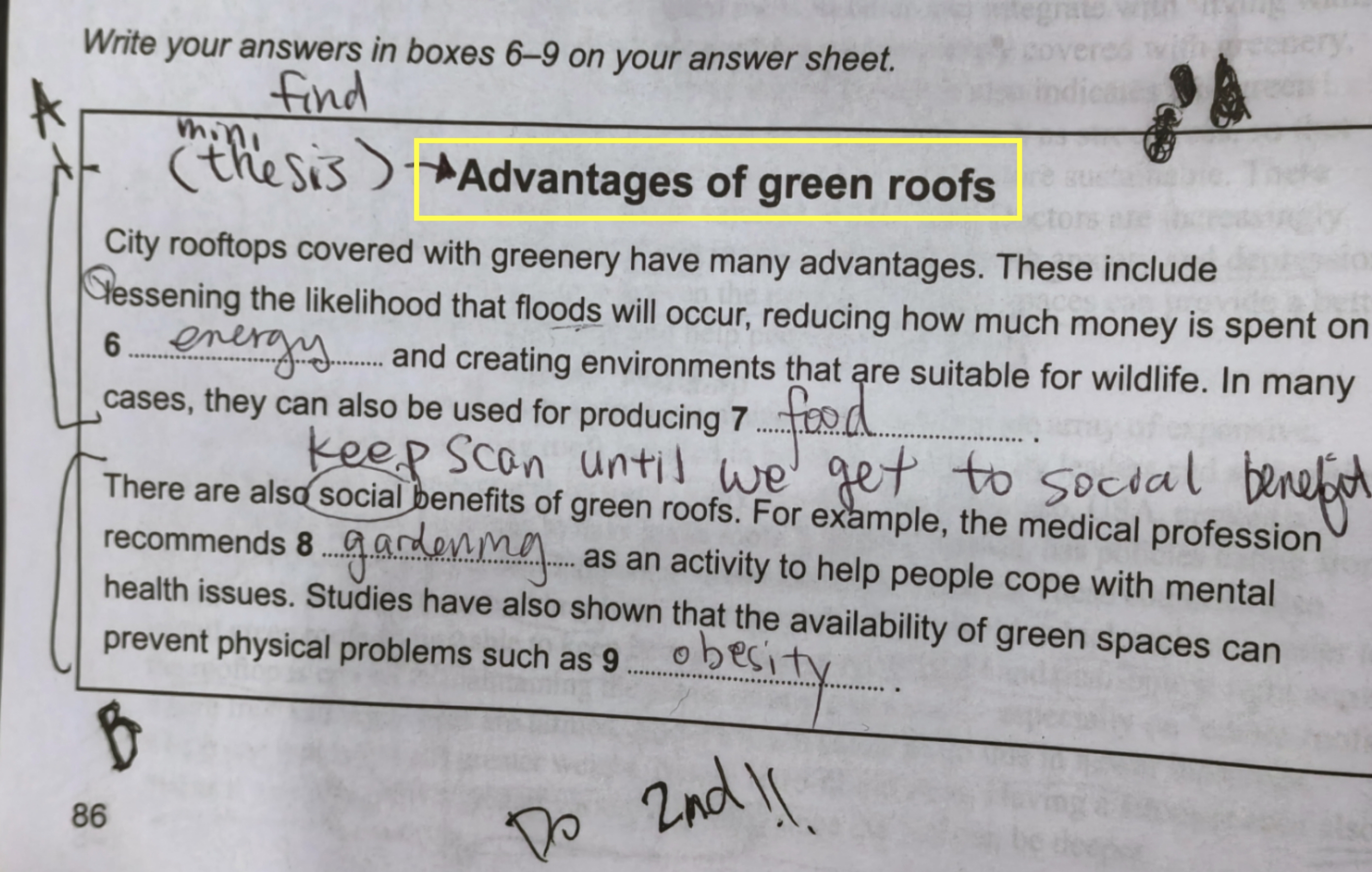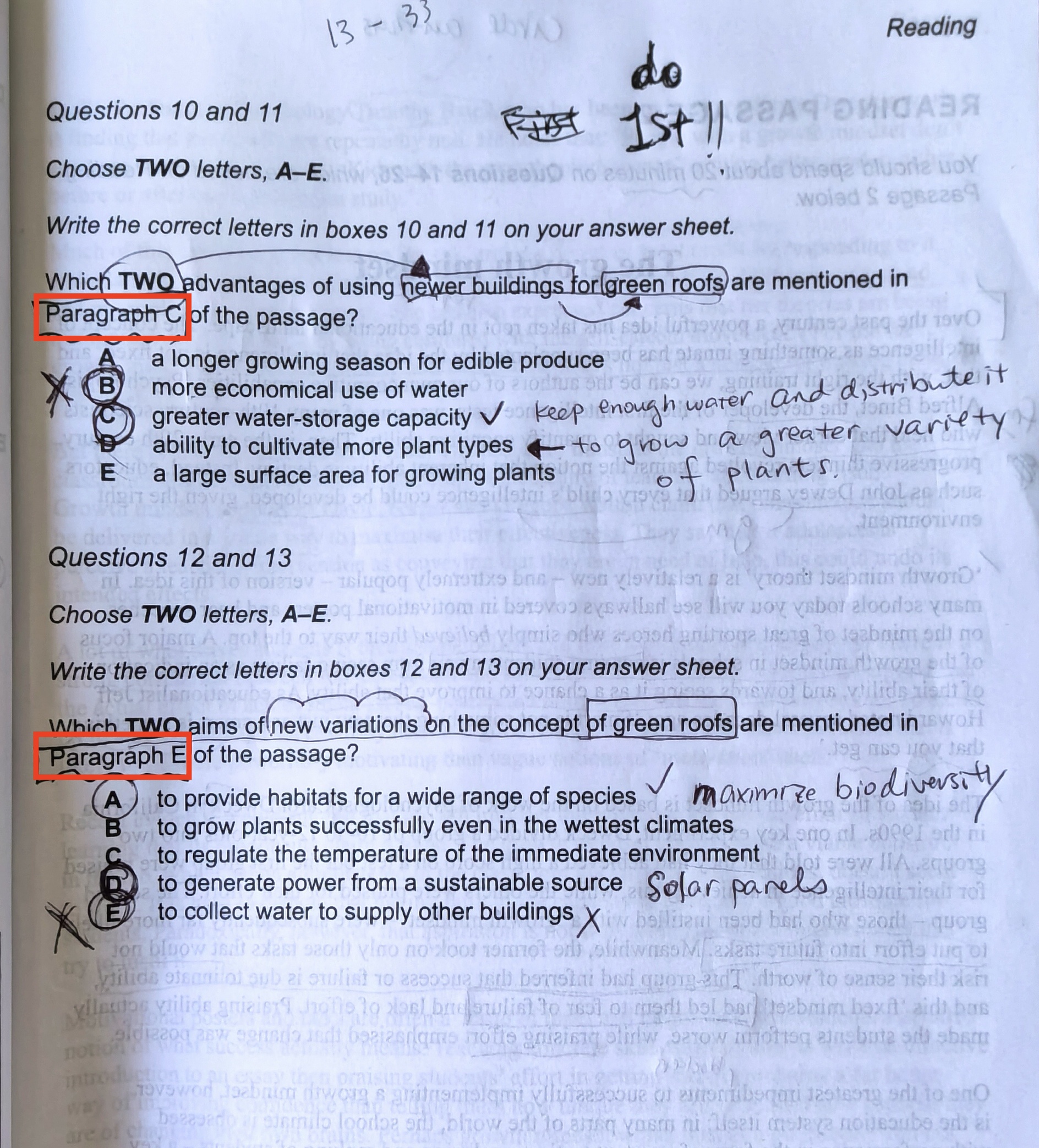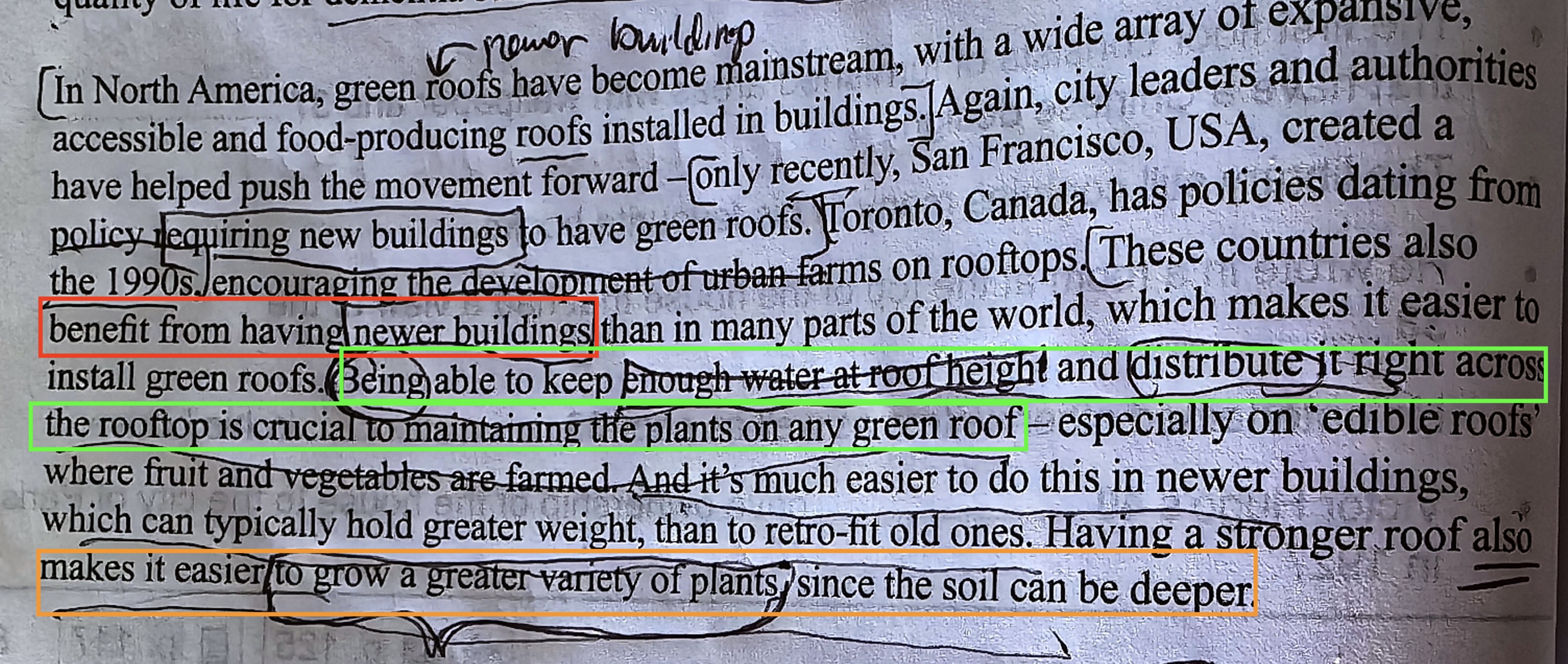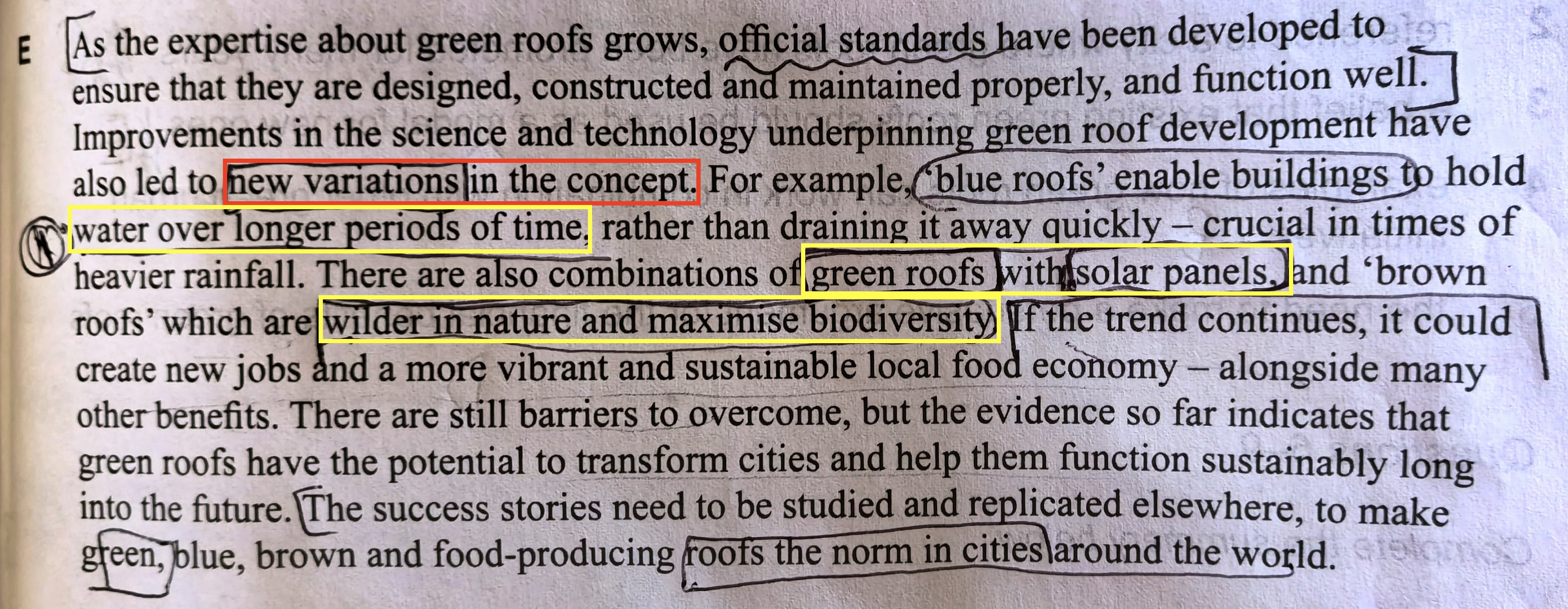ADJECTIVE CLAUSE (形容词从句)
Adjective clauses are used to provide additional information about a noun or pronoun in a sentence.
提供 (ti gong) 更多 (geng duo) 详细 (xiang xi) 信息 (xin xi)
They are used to give more detail about the sentence and to help clarify the meaning.
帮助吧意思搞了更清楚。
Adjective clauses and adjective phrases:
– Both describe a noun.
– Adjective phrases are a few additional words that “bulk up” an adjective, while adjective clauses reiterate the noun (重申名词 chong sheng ming ci) and often use a pronoun.
– Adjective phrases are a group of words without a subject or verb that modify a noun, while adjective clauses are a group of words that contain an adjective, a subject, and a verb
Requirements
1. Starts with a ‘relative pronoun’ (关系代词) (that, who, whom, whose, which)
2. Subject + verb
3. It tells us something about the noun.
That
ex for ‘that’:
subject complement = phrase (noun, adjective, prepositional)
1) The rat(subj) is (linking verb) in (prep) the kitchen (obj). // prepositional phrase
The rat [that John saw yesterday] is in the kitchen.
1. That
2. John + saw
3. Info about noun ‘rat’ √
1) The car is worthless. // linking verb ‘is’
2) The car [that they stole] is worthless.
1) The book has been published. // present perfect
2) [The book that I wrote] has been published.
1) I like movies.
2) I like movies [that make me think].
1) People like clothes.
2) People like clothes [that make them look better].
I need something.
I need something [that works].
This is the mail [that arrived this morning].
adjective clause modifying noun ‘mail’.
These are the tasks [that must be completed today].
adjective clause modifying noun ‘tasks’.
Who
The beggar who lied about a limp sprinted after the bus.
1. who
2. who lied
3. Tells us something about the noun ‘beggar’
She is the one [who stole my bike].
adjective clause modifying noun ‘one’.
The burglar [who robbed us] was captured this morning.
adjective clause modifying noun ‘burglar’.
There are lots of kids [who would be interested].
There’s this guy at work who eats lunch with a butter knife.
Whom – Use whom when the person is the object of the verb.
You can trust [her].
She is someone [whom you can trust].
(whom refers to the person that you can trust)
I have consulted those [managers].
The response of those managers [whom I have consulted] has been positive.
(whom refers to those managers and is the object of consulted in the relative clause)
He had loved [her].
She was a celebrated actress [whom he had loved].
(whom refers to the actress, and is the object of loved)
Whose
indicate possession by people.
He married a girl [whose family doesn’t seem to like him].
adjective clause modifying object
Shang Xian, whose love gave me life, has passed away.
adjective clause modifying subject
John works with a guy [whose name I can’t remember].
adjective clause modifying object
Shirley has a 17-year-old daughter [whose ambition is to be a clown].
adjective clause modifying object
This is the book [whose title I couldn’t remember].
adjective clause modifying object
Which
Which vs. that
Both which and that are relative pronouns that help describe or define nouns.
While which provides an optional description, that introduces essential information that defines or identifies a person or a thing.
Electric cars that drive themselves are already here.
My trusty old hatchback[, which I bought in the ’90s, ]has finally broken down.
Munro’s stories[, which often deal with moral conflict, \resonate with readers of all generations.
She bakes cakes that are healthy[, which isn’t easy].
EXAMPLE
Nonrestrictive: This book on baking[, which was published in 1823, ] is a useful little guide for home bakers.
The which clause provides extra information.
Restrictive: The book that Maya wrote last year has just been published.
Farley’s new phone, which he bought yesterday, has stopped working.
We already know what is being referred to: Farley’s new phone. Use which instead of that to present the extra details enclosed in commas.
This alarm clock[, which I found in the attic, ]is an antique.
The pronoun which connects the relative clause to the noun it describes.
Also use which instead of that to describe an entire clause.
My parcel didn’t arrive today[, which is disappointing.]
Poco bought me chocolate, which is interesting because he knows I’m allergic to cocoa.
I love my new shoes[, which are not just stylish but also comfortable].
The latest report[, which was published last Monday, ]is now available for download.
The dodo[, which went extinct in the 1600s, ]was a flightless bird.
Fables[, which are stories with animal characters, ]are a useful way to teach children right from wrong.
The humble cactus[, which requires minimal care to grow, ]has become a popular indoor plant.
They were immediately informed about the incident[, which occurred last Friday].
Farley has lost the lottery again, which is not surprising.
Restrictive: I have a chair [that] swivels.
Nonrestrictive: This amazing chair[, which not only swivels but also tilts, ]costs just twenty dollars.
The Relative Pronoun Can Be Omitted
It is sometimes ok for the relative pronoun to be omitted.
remove [that]:
The rat John saw yesterday is in kitchen. √
The carpets [which] you bought last year have gone moldy. √
The film [which] you recommended scared the kids half to death. √
Not always though:
remove [who]:
The beggar lied about a limp sprinted after the bus. (X)
The person who speaks first will die:
The person speaks first will die. (X)
When the adjective clause starts with a relative adverb (when, where or why), the relative adverb cannot be omitted.
Relative Adverb: when, where, or why
Video 2
ref – https://www.grammar-monster.com/glossary/relative_adverbs.htm
Relative Adverb (when, where, why)



